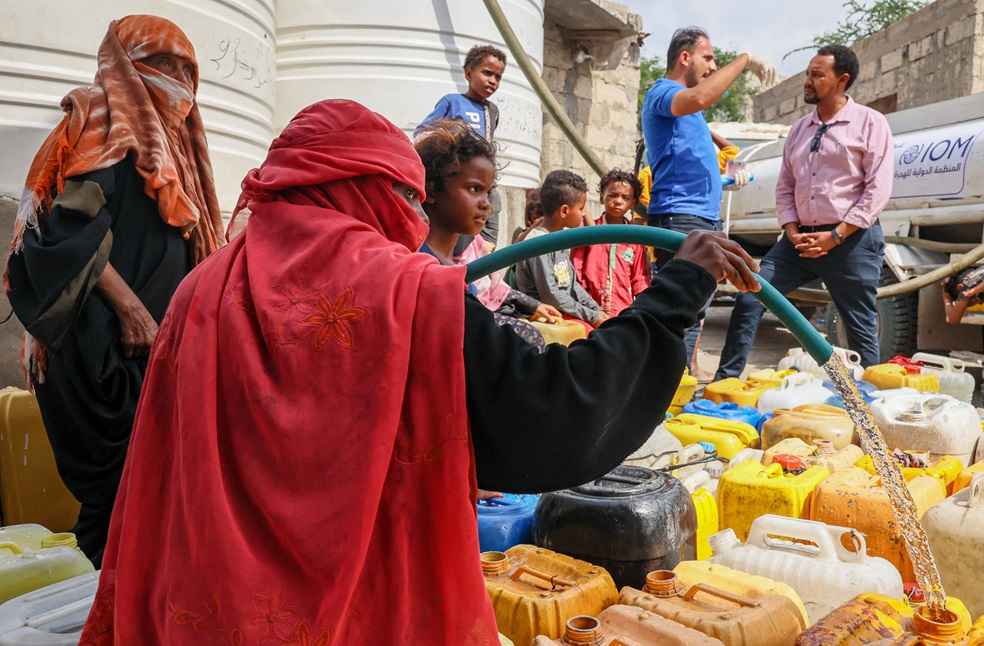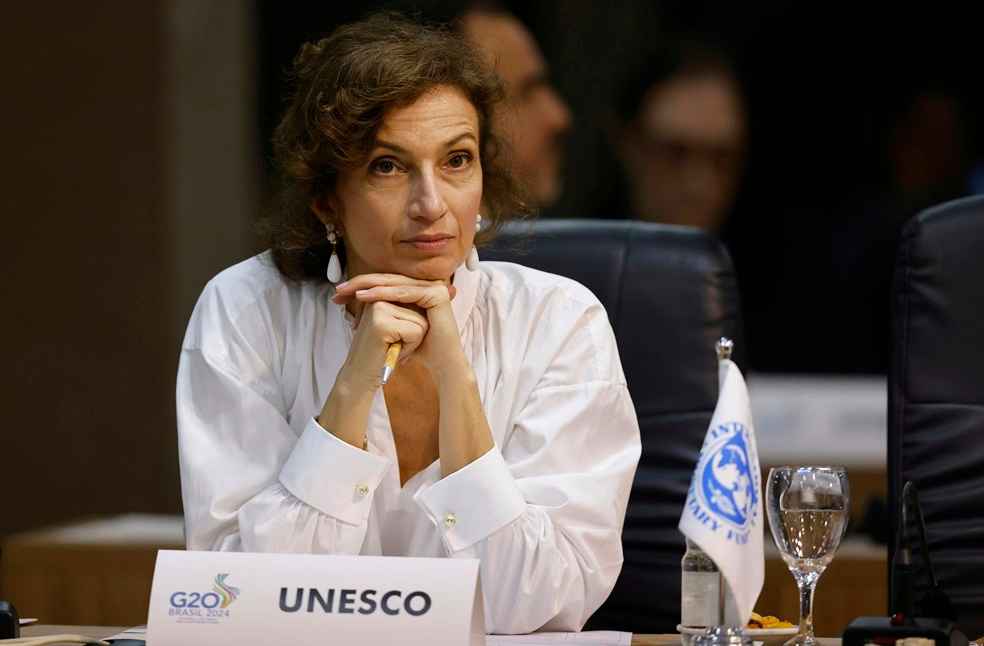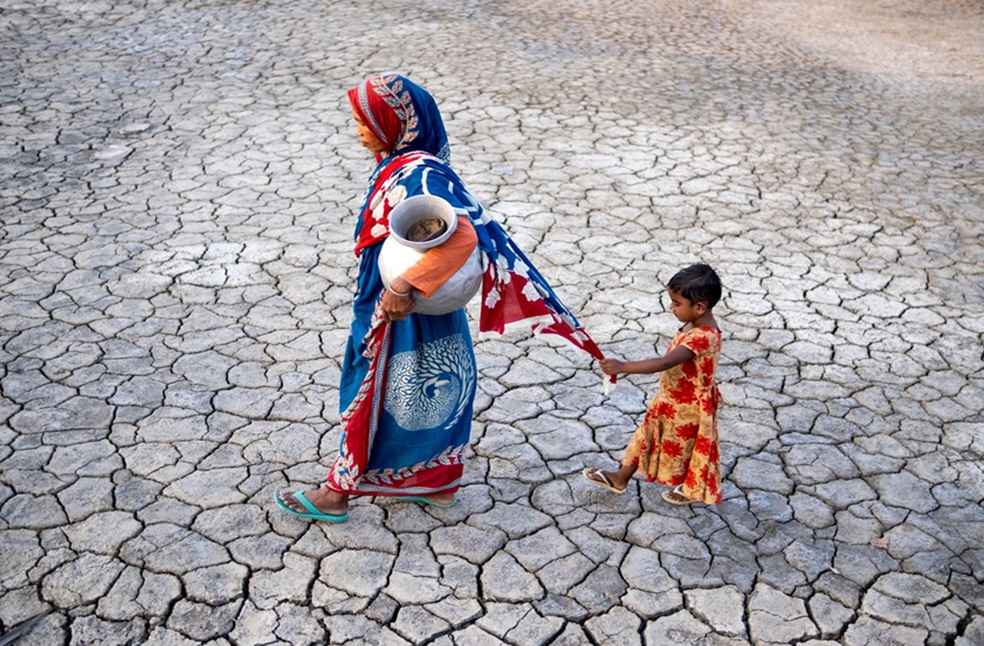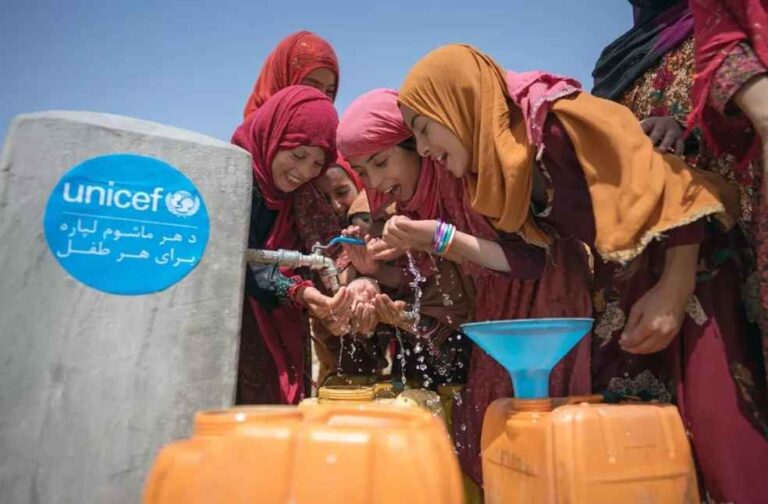Paris: The United Nations (UN) has warned that global water scarcity is fuelling conflicts and instigating instability. According to the UN, access to clean water is necessary to elevate peace.
The UN World Water Development Report 2024, published by the UN Educational, Scientific and Cultural Organization (UNESCO) highlights that tensions over water are exacerbating conflicts worldwide.
According to the report, 2.2 billion people worldwide hold no permit to clean drinking water and 3.5 billion people lack access to safely contained sanitation. The UN goal of ensuring this access for all by 2030 is thus far from being achieved, and there is reason to fear that these inequalities may increase further.

Water scarcity affects girls and women the most. They are the primary water collectors in many rural areas, spending hours each day on this task. This burden undermines their education, economic participation and safety, and contributes to a higher dropout rate among girls. Water insecurity also drives migration and exacerbates social tensions, contributing to gender-based violence. As global climates become more erratic, at least 10 percent of migration is linked to water stress.
Many countries share water resources, but only a few carry compacts to address them fairly. This is a problem, especially in areas where there are already tensions. In Africa, for example, many countries suffer from water scarcity, and most of the freshwater resources are shared. However, only a few transboundary aquifers have formalized cooperation.

Audrey Azoulay, Director-General of UNESCO, stated that, “As water stress increases, so do the risks of local or regional conflict. UNESCO’s message is clear – if we want to preserve peace, we must act swiftly not only to safeguard water resources but also to enhance regional and global cooperation in this area.”
President of the International Fund for Agricultural Development (IFAD), and Chair of UN-Water, Alvaro Lario, said that, “Water, when managed sustainably and equitably, can be a source of peace and prosperity. It is also the literal lifeblood of agriculture, the major socio-economic driver for billions of people.”

Cooperation in managing water resources that cross borders can play a crucial role in maintaining peace. By establishing a platform for ongoing communication between all involved parties and creating the necessary legal frameworks, such cooperation owns the potential to resolve most disputes related to water. This, in turn, can help prevent the emergence or escalation of conflicts that extend beyond water issues.



